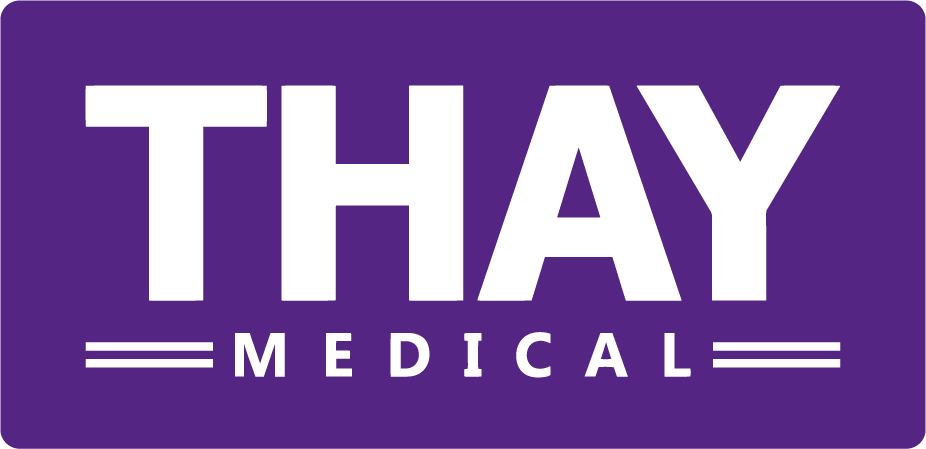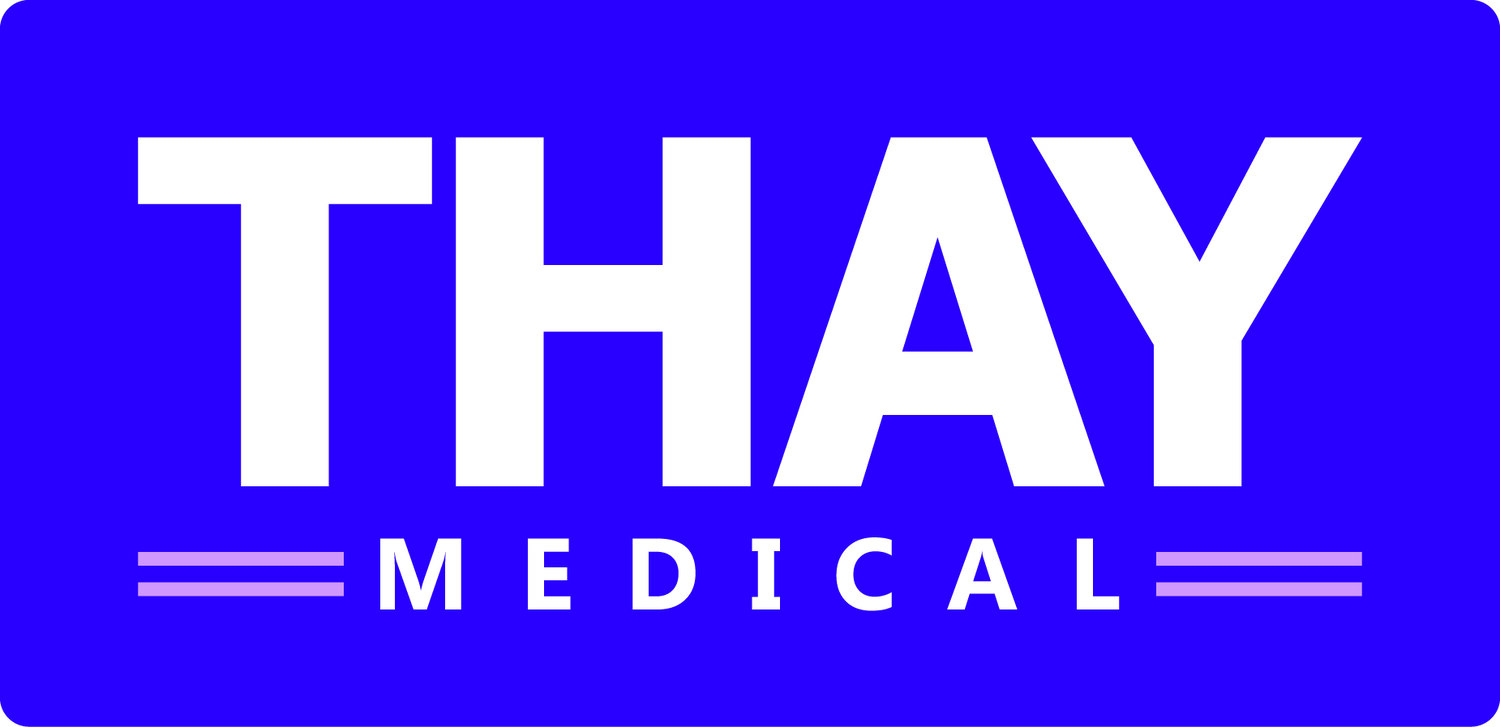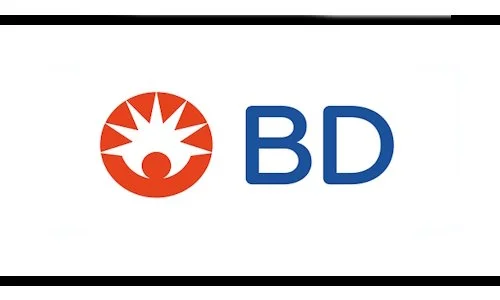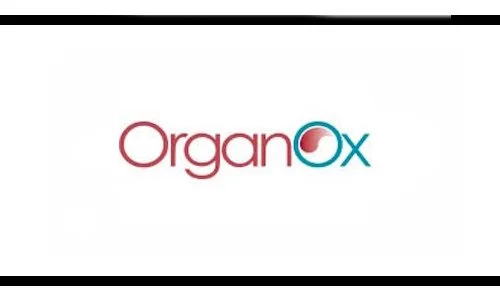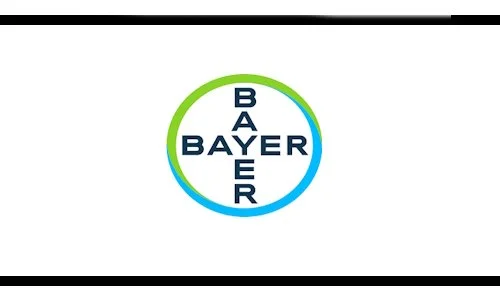
Formative Usability Studies
Human Factors Intelligence™
Formative Usability Studies.
Question: What is a Formative Usability Study and what does it do?
Answer: A Formative Usability Study is an evaluation of the use of a medical product with its intended users to determine whether the enough design effort has been designed into the medical product to enable safe, effective and satisfying intended use. The purpose is to determine where there could be negative use of the medical product (difficulties, confusions, use errors, misuse, abnormal use or remediation), to understand why the intended users were not successful in using it, and then to recommend improvements to make the medical product more usable, safer and more satisfying to use.
Here are six more questions and answers about Formative Usability Studies that you may have:
-
At present, the Usability Engineering standard IEC/ISO 62366-1 requires the verification of the design of the user interfaces through evaluation by either performing one or more Formative Usability Studies or by other means of verification. For CE Marking, most Notified Bodies will require adherence to this standard, as will the European Medicines Agency (EMA) for medicinal approvals.
The US Food and Drug Administration (FDA) Code of Federal Regulations (CFR), the UK Medicines and Healthcare products Regulatory Agency (MHRA) Human Factors and Usability Engineering Guidance and the China based National Medical Products Administration (NMPA) Human Factors and Usability Engineering guidance require design verification activities including one or more Formative Usability Studies.
-
Yes, we perform Formative Usability Studies on many medical products to help designers, engineers, scientists, programmers and developers to assess how usable their medical product is and where improvements could be made to make a final design solution.
We run the whole study from start to finish. We plan the study, recruit the participants, gain ethical approvals (if required), perform the study and report it. We do it all!
Generally, at least one Formative Usability Study should be performed - depending on the amount of use-based risk the medical product carries and how complex it is. Most medical products that are developed, we end up performing 2-3 Formative Usability Studies to verify the final design since the first one is with prototype designs and the last one with a final design.
-
THAY Medical have performed over twenty Formative Usability Studies on medical products in the UK, Germany, Italy and the USA. We have an internal procedure that has been continuously improved to ensure that our method of performing these studies is precise.
We are open to performing in new countries not stated above and if you have a specific need to be in a particular location, we can find a solution for you! We often use our customers own facilities, specific hospitals and clinics as well as our own digital+physical Simulation Laboratory at our UK offices.
-
Typically, a Formative Usability Study can be performed from start to finish in around 6-8 weeks. This includes assessing the use steps (Hierarchical Task Analysis), Usability or Human Factors Risk Assessment, writing a Formative Usability Study Protocol, recruiting participants (intended users) into the study, gaining ethical approvals (if required), setting up the study, moderating and observing the study, analysing the study data and reporting it in a Formative Usability Study Report.
Typically, a Formative Usability Study costs from £20,000 to £50,000 depending on the study location, how many user groups (of intended users) are included, the sample size of participants in each user group, whether ethical reviews are needed and how much training the participants need to be given.
-
We will need to work with concept or early-stage prototypes, mock-ups, first article devices, packaging, labels, draft Instructions for Use and many early stage software applications including concept designs as well as final designs where the verification can take place.
Study participants will want to interact with the medical product physically as much as possible to generate the best quality data. The results from a Formative Usability Study frequently are fed back into both the design and risk management processes so that further design effort and risk mitigation can take place.
-
There are four types of Formative Usability Study that we perform:
a. Exploratory investigations with concept designs
b. Comparative investigations with multiple design ideas to determine the most suitable to proceed with.
c. Rapid iteration studies where the development of the user interfaces progresses quickly.
d. Final design (verification-level) Formative Usability Studies with a pre-production level medical product.
Our commitment to you:
THAY Medical have spent over a decade to refine our internal process for performing Formative Usability Studies. Our ISO 13485 certified Quality System and our internal Quality team ensure compliance, strictness, adherence, improvement and most importantly the quality of the data to be the highest possible. Our customers like the quality-driven approach to delivering usability data quickly, professionally and in a manner that aids the medical product development.
Customers we have performed Formative Usability Studies for include:
(And many more satisfied customers not shown above)
WOULD YOU LIKE TO KNOW MORE? Then..
Contacting us is easy..
Please enter your basic information into the form below and click ‘Send an Enquiry’ once you have completed it. A response to your email address will arrive within one day from our Principal Human Factors Consultant where your enquiry will be discussed with you. We look forwards to hearing from you!
The process is as easy as
1)
2)
3)
1 2 3
Fill in the form with your contact information.
Fill in the form with your needs and requirements.
Press the ‘Send and Enquiry’ button.
By sending us an enquiry we commit to:
> Respond within one day to your enquiry.
> Discuss your enquiry one-to-one with our Principal Human Factors Consultant.
> Agree non-disclosure and confidentiality to keep your medical product safe.
